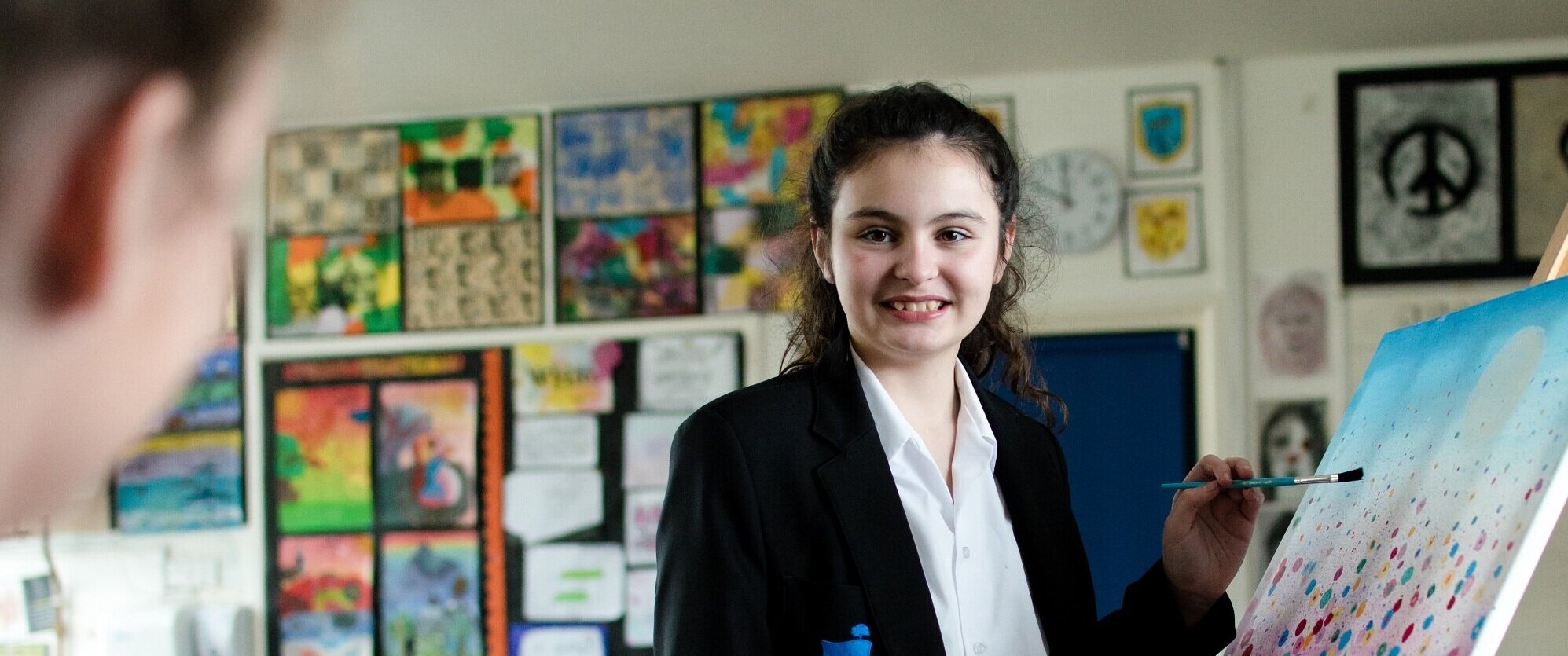
Home > Curriculum and Learning > PE
PE
'Inspiring a lifelong love of movement'
Physical Education and the well-being of its students should be at the core of any school’s ethos. This has never been more important as young people today are faced with the challenges of staying physically, socially and emotionally fit and healthy to combat the ever-increasing health epidemic caused by inactivity.
At Whitstone School the main priority of Physical Education is to give all students a positive experience of participating in physical activity, exercising safely and effectively, and to provide opportunities to play competitive sport in a safe environment.
In this way, students feel motivated to develop skills that allow them to succeed whatever their ability or previous experience. Our core aims are to develop students’ aspirations to improve their own performance and fitness whilst at the same time understand the benefits of exercise on their health and well-being. Physical Education is taught through a flexible and evolving programme of study, that is based around the key concepts of ‘Thinking ME’, ‘Physical ME’, ‘Social ME’ and ‘Personal ME’ and is process-focused rather than large blocks of skills-based sport. The curriculum allows the learner to discover how skills and knowledge are transferable and can be flexible between activities, as well as developing specific skills for individual activities and sports. In addition to this, unwritten strands such as compassion, collaboration, empathy, leadership and fair play run through all areas of the curriculum, helping to build character amongst the students.
Physical Education teaches the learner through the following principles at Key Stage 3 through to the end of Key stage 4, ensuring the physical, mental, social and emotional well-being are considered throughout.
To promote ‘Positive’ physical participation (raise the pulse activities), healthy life- style, well-being and increase awareness of the effect of exercise on the body (thinking, physical, social and personal ME) for life-long participation in physical activity. (Embed the concept of a health body develops a health mind)
Educate students through meaningful physical and fundamental movement and exercise.
To build personal emotional character (resilience), develop communication, leadership, empathy and social skills
Expose students to a wide range of activities/sports in both competitive and non-competitive situations that all students can enjoy (inclusion for all), but will stretch and challenge the more-able and G&T students
Provide extra-curricular and additional opportunities in school and at local sport clubs and local leisure centre facilities. Giving all students the opportunity to experience to specialise and play competitively in school (Intra), against other schools (Inter) and sign post to local clubs.
Promote British values of friendship, patience, equality, pride, excellence, culture, respect, fair play and determination
Teachers are given flexibility to decide how best to teach concepts and processes to meet the needs of each group without being bound to long periods of set sports or activities. Schemes of work are available for teachers to access for the relevant activity depending on the process being taught, e.g. Invasion games; the concept of marking could be taught through Basketball, Netball or/and Football all in the same block of work. This has been highly successful and removed many barriers for individuals who are not confident with traditional team sports. Most students respond well to receiving short blocks of activity as it seems to maintain high levels of participation. This strategy and planning also allows the transfer of knowledge and schema between activities and helps to stretch and challenge learning, maintains motivation and resilience of the learner.

